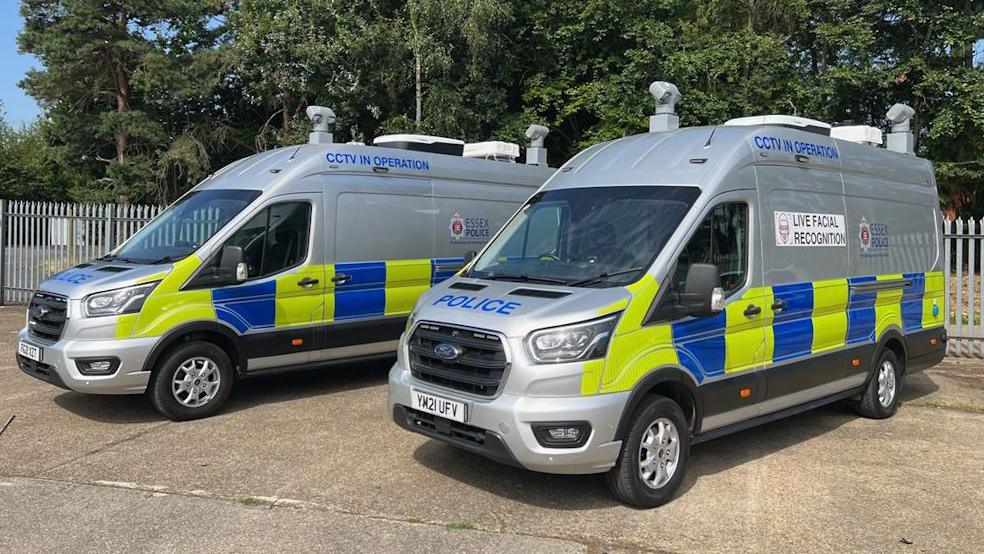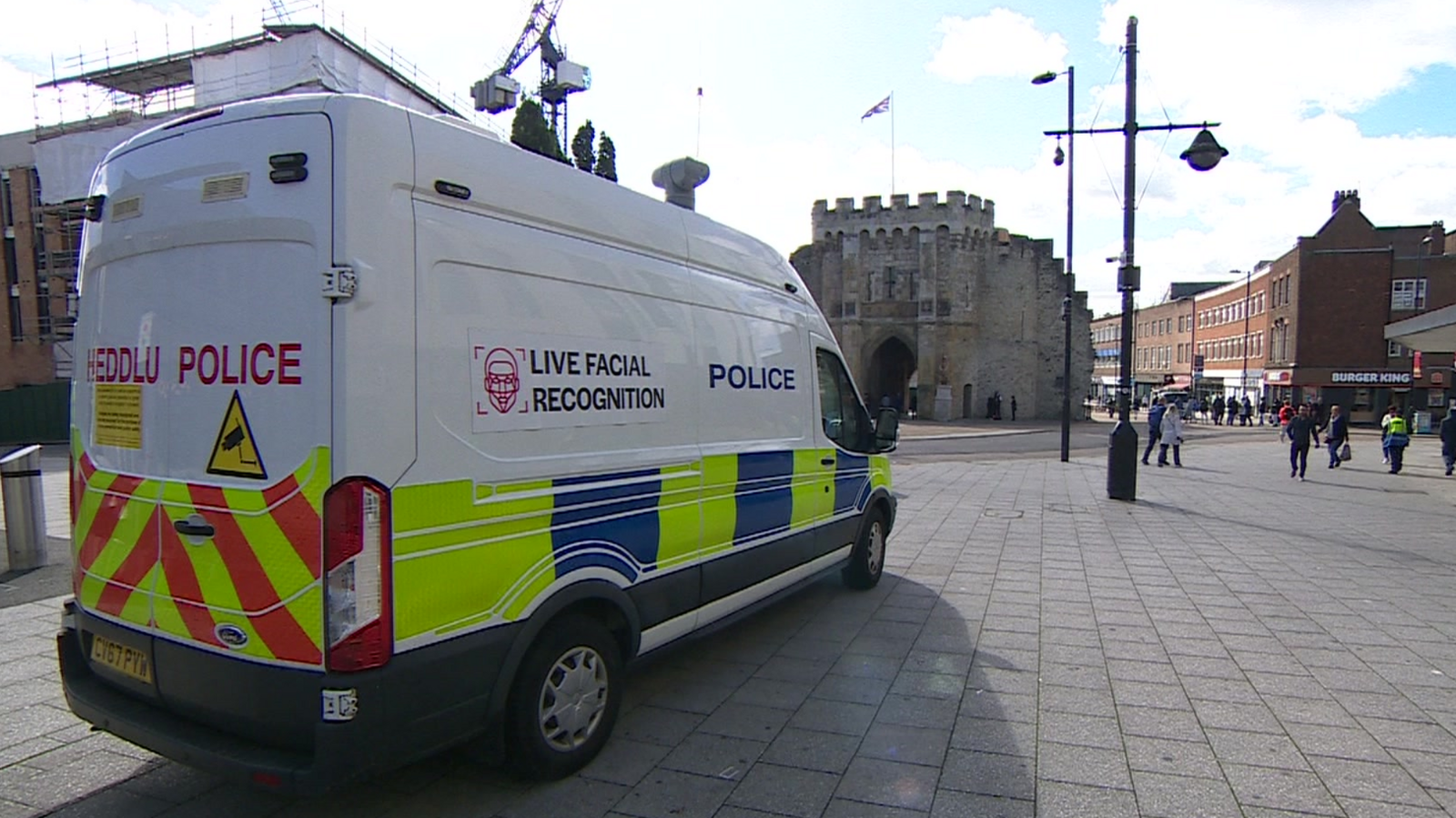UK Expands Live Facial Recognition in Police Vans, Sparking Privacy Concerns
The UK government is set to enhance its surveillance capabilities by deploying Live Facial Recognition (LFR) technology in ten new police vans across the country. These specially equipped vehicles will be able to scan the faces of individuals in public spaces and compare them against a database of wanted persons. This initiative, announced by the Home Office, has already demonstrated significant effectiveness in London, where LFR technology has reportedly facilitated 580 arrests in just one year, including the apprehension of 52 registered sex offenders who violated their conditions. However, this expansion has raised alarms among civil liberties advocates who argue it represents a concerning increase in state surveillance.
Background & Context
The use of facial recognition technology by law enforcement agencies has been a contentious issue in the UK and worldwide. Advocates argue that it is an essential tool for enhancing public safety and combating crime. The Home Office"s recent announcement follows a pilot project in London, where LFR technology was first deployed in 2019. The police reported that the technology helped in identifying suspects in real-time, providing them with a powerful resource to combat rising crime rates, particularly in urban areas.
However, the technology has also faced significant criticism regarding its implications for privacy and civil liberties. Experts warn that widespread surveillance could lead to a "Big Brother" society, where individual freedoms are compromised in the name of security. Campaign groups like Big Brother Watch have voiced their concerns about the potential for misuse and the lack of adequate regulation surrounding the use of such technologies.
Key Developments
The new police vans, equipped with LFR technology, will be deployed in various locations across the UK, with an emphasis on urban centers where crime rates are higher. The Home Office has defended the initiative, citing the successful track record of LFR in London. In addition to the arrests made, the government claims that the technology has contributed to public safety by deterring criminal activity. "This technology allows us to catch dangerous criminals and prevent crime before it happens," a Home Office spokesperson stated during the announcement.
Despite the government"s assertions, the announcement has sparked backlash from civil liberties organizations. Big Brother Watch has described the move as a "significant expansion of the surveillance state," raising concerns about the absence of public consultation and transparency in the implementation of such technology. The group argues that the deployment of LFR could lead to wrongful arrests and disproportionately target specific communities, exacerbating existing inequalities within the justice system.
\n\n
Image for UK Expands Live Facial Recognition in Police Vans, Sparking Privacy Concerns
Broader Impact
The expansion of LFR technology is part of a broader trend where governments globally are increasingly adopting surveillance technologies to enhance law enforcement capabilities. Similar situations have unfolded in other countries, where facial recognition has been met with both enthusiasm for its potential crime-fighting abilities and resistance from privacy advocates. In the United States, for instance, cities like San Francisco have enacted bans on the use of facial recognition technology by city agencies, citing concerns over civil liberties and potential racial bias in algorithmic decision-making.
Experts in technology and civil rights suggest that the UK’s move could set a precedent for other nations considering similar expansions of surveillance capabilities. The implications of this technology extend beyond law enforcement, as it raises critical questions about the balance between public safety and individual privacy rights. The legal framework governing the use of such technology remains a point of contention, with advocates calling for stricter regulations to ensure accountability and transparency.
What"s Next
As the Home Office rolls out these new police vans, the ongoing debate surrounding LFR technology is expected to intensify. Civil rights groups are likely to continue advocating for stricter regulations and oversight to prevent potential abuses. Furthermore, public opinion will play a crucial role in shaping the future of LFR technology in the UK. As previously reported, the government may need to address concerns regarding privacy and civil liberties to gain broader public support for such initiatives.
Looking ahead, the effectiveness and ethical implications of LFR technology will be closely monitored. The outcomes of this expansion could have lasting impacts on policing strategies, public trust in law enforcement, and the ongoing discourse surrounding privacy rights in an increasingly surveilled society. The government"s commitment to balancing security with civil liberties will be tested as this technology becomes more prevalent in everyday policing practices.

Image for UK Expands Live Facial Recognition in Police Vans, Sparking Privacy Concerns

![[Video] Iranian security forces injure woman in Mashhad; death toll exceeds 3,000](/_next/image?url=%2Fapi%2Fimage%2Fthumbnails%2Fthumbnail-1768338642591-z7mptn-thumbnail.jpg&w=3840&q=75)
![[Video] Federal agents drop tear gas canisters from moving vehicles in neighborhood](/_next/image?url=%2Fapi%2Fimage%2Fthumbnails%2Fthumbnail-1768336360849-hrwza-thumbnail.jpg&w=3840&q=75)
![[Video] Protesters surround federal agents at Target in Minneapolis](/_next/image?url=%2Fapi%2Fimage%2Fthumbnails%2Fthumbnail-1768331517834-1384td-thumbnail.jpg&w=3840&q=75)



![[Video] Gunfire between Iraqi security forces and Sadr militias in Baghdad](/_next/image?url=%2Fapi%2Fimage%2Fthumbnails%2Fthumbnail-1768343508874-4redb-thumbnail.jpg&w=3840&q=75)
